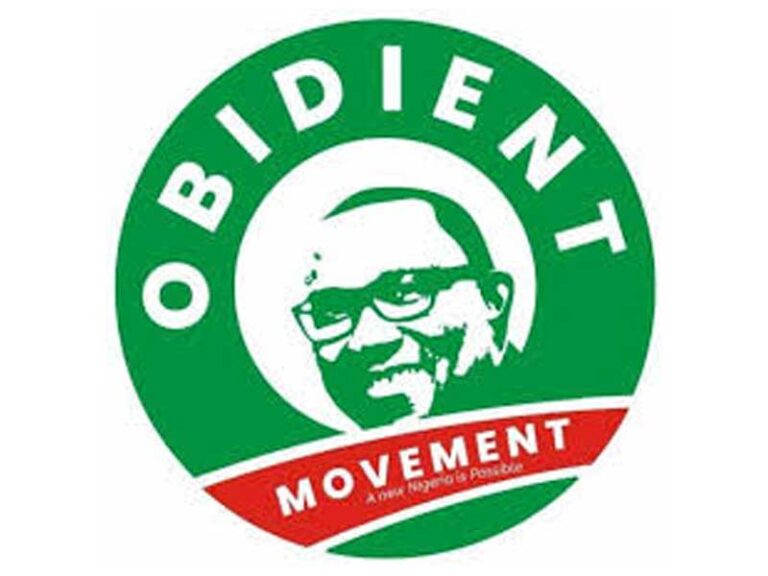By Peter Omopo
The Obidient Movement has cautioned the Federal Government against introducing a proposed 5% surcharge on petrol and diesel, warning that the policy would deepen the hardship faced by Nigerians struggling with rising living costs.
The warning follows remarks by the Chairman of the Presidential Committee on Fiscal Policy and Tax Reforms, Taiwo Oyedele, who disclosed that the levy, part of President Bola Tinubu’s tax reform agenda, is designed to fund road infrastructure and cut logistics costs.
In a statement issued on Tuesday, the group’s National Coordinator, Dr. Yunusa Tanko, described the plan as “a policy built on noble intentions, but destined for misery.”
“For decades, Nigerians have been fed the same promises: new levies will ‘fix our roads,’ ‘power our hospitals,’ and ‘transform our economy.’ Instead, trillions vanish into the pockets of corrupt elites while our highways crumble, transport costs skyrocket, and ordinary Nigerians are pushed deeper into poverty,” the statement read.
Tanko stressed that fuel is not a luxury in Nigeria but an economic necessity, warning that the surcharge would punish the poor and vulnerable. Instead, he urged the government to broaden the tax base, impose progressive taxes on luxury consumption, and reduce wasteful spending.
“The Obidient Movement insists that no new fuel taxes should be imposed until there are credible, transparent mechanisms to ensure accountability, anti-corruption safeguards, and real relief for suffering citizens,” he added.
Fuel pricing remains a politically charged issue in Nigeria, Africa’s top oil producer but one of the largest importers of refined petroleum products. President Tinubu’s removal of petrol subsidy in May 2023 led to sharp increases in pump prices, transport fares, and food costs, fuelling inflation.
Critics argue that the proposed surcharge could worsen the cost-of-living crisis, while the government insists its broader tax and fiscal reforms are essential to boost revenue, reduce borrowing, and stabilise the economy.
The debate comes at a time of mounting public frustration over inflation, unemployment, and insecurity, with analysts warning that any additional fuel-related tax may provoke stronger public backlash.

